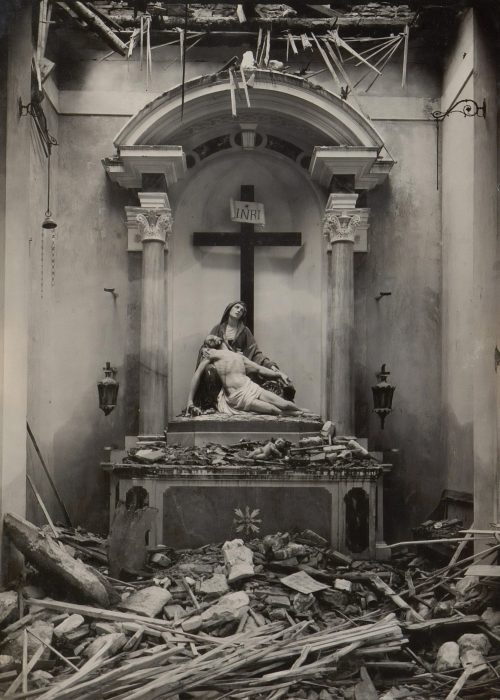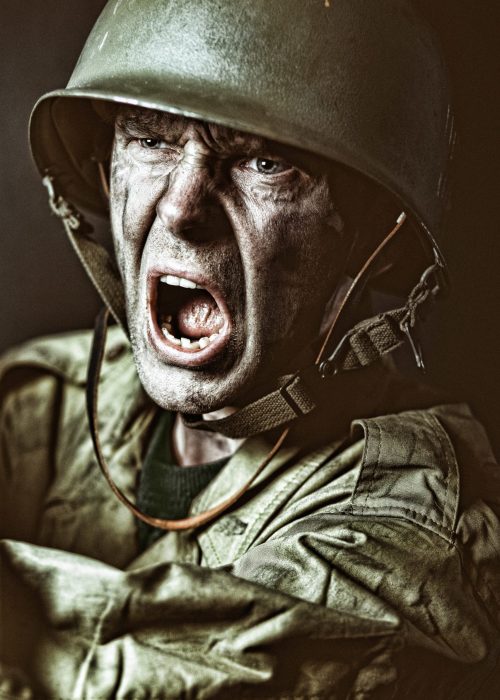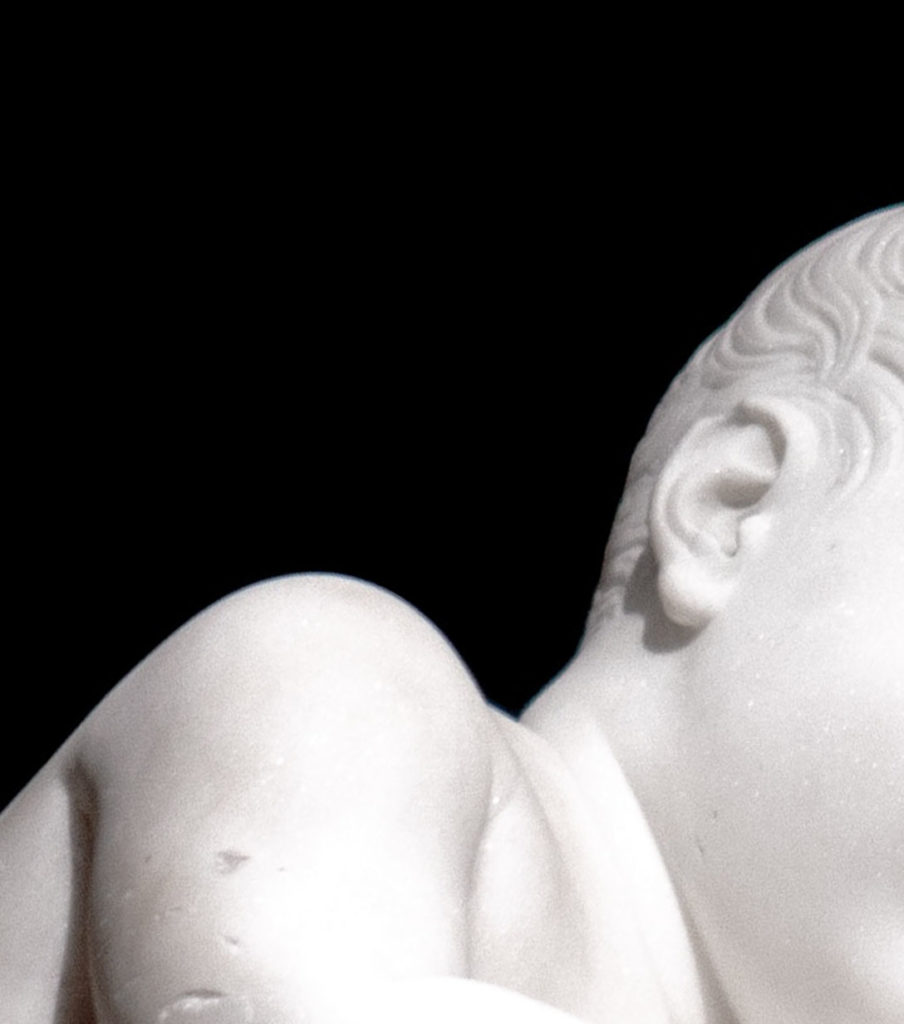ABOUT US
We collect all possible information about the HMS Arethusa on the Second World War here. Read the detailed history of that, be aware of all honors and awards, and more.
We collect all possible information about the HMS Arethusa on the Second World War here. Read the detailed history of that, be aware of all honors and awards, and more.
HMS Arethusa was part of an escort of cruisers and destroyers that escorted an important convoy across the Eastern Mediterranean to Malta on November 18th, 1942.
It was critical because Malta required supplies to carry out the duty assigned to her in the massive general offensive operations that had begun a few days before with the British Eighth Army’s assault from Alamein.
During the day, the convoy passed through “Bomb Alley,” a stretch of the Mediterranean between Cyrenaica and Crete, and by nightfall, it had arrived at a point halfway between Derna, on the hump of Cyrenaica, and Malta. During the day, both the convoy and the escorts had been assaulted, but none had been harmed.
A powerful formation of Torpedo-Carrying Aircraft attacked the escort at the very end of twilight, in that challenging light when vision favors the aircraft rather than the ship.
The Arethusa was attacked from both sides at the same time, but she managed to escape all but one of the torpedoes.
When the torpedo struck her, it exploded violently, followed by a powerful boom. All of the guys in the area were instantly killed by the explosion. Some people who weren’t nearly so close were severely burnt by the flash, and some of them died later as a result of their injuries. The next of kin of these individuals were told that their relatives had died of burns, but it can now be said with reasonable confidence that the rest of the men were killed instantly by the massive explosion and would not have felt agony.
Their corpses were buried at sea, and three ceremonies were performed, all of which were wonderfully and respectfully conducted by the Chaplain.
When the ship arrived in port, a memorial ceremony was conducted onshore, and it was a spectacular event.
The Commodore of the Royal Naval Barracks at Chatham is now exchanging letters regarding erecting a permanent monument to these brave soldiers in the Barracks Church. It will most likely be included in the overall monument to all the soldiers of the Chatham Division who have died or are dying in this conflict.






The innumerable dead and wounded in past battles are a clear demonstration that military readiness to intervene does not solve disputes, but rather prolongs them. UN peacekeeping efforts may not have solved all of the problems, but they would not have resulted in the interminable misery or the influx of refugees from these countries that we are currently witnessing in Europe as a result of these three conflicts.
Military operations, according to Klaus Naumann’s recipe, will almost always result in the opposite of conflict resolution; civil peace operations, on the other hand, are more likely to do so. Naumann served as Chairman of NATO’s Military Committee, and he is well aware of the impact of the United States as the alliance’s dominant force.
Do you love history? Keep a lot of interesting information regarding history? Don’t hesitate to become a part of our team ASAP!